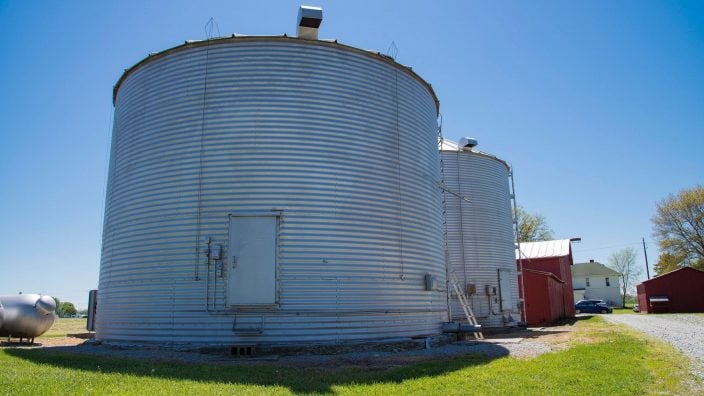Farmer’s Guide to Trucking Regulations available to Ohio Farm Bureau members
The guide includes a farm driver checklist, overview of state and federal regulations and exemptions, CDL qualifications and more.
Read More
The 2019 growing season brought many challenges for farmers, including wet planting and harvest seasons.
The 2020 growing season has its challenges already with the global COVID-19 coronavirus pandemic. As with other industries, the pandemic presents health and safety implications for agriculture.
According to the 2017 Census of Agriculture, the average farm operator is about 58 years old, with 34% age 65 and older — an age group that seems to be at higher risk for developing more serious complications from COVID-19.
This highlights the importance of cross-training across a farm operation. Identify those who can take on responsibilities like fertilizing, planting or applying herbicides in the event that an operator would become ill. To protect everyone involved, stay informed on the recommendations from the Centers for Disease Control and Prevention and the local departments of public health.
Throughout this pandemic, keep in mind the youth on the farm. Children who would otherwise be in school or at day care now are likely at home. This provides many educational opportunities, but potentially exposes those youth to health and safety risks.
When youth are present on the farm, it is important for everyone to practice hand washing, to keep close tabs on young children and to be selective when involving them in chores or work tasks.
Access to personal protective equipment is limited. Some of the same PPE needed for health care providers like gloves, Tyvek suits, goggles/glasses, face shields and N95 respirators, is needed in agriculture for applying fertilizer and herbicides.
The need for N95 respirators is real because much of the grain stored last fall was stored at a high moisture content and could be out-of-condition and moldy. Fertilizers used in the spring, such as anhydrous ammonia, can pose significant hazards to the lungs, which is concerning when COVID-19 also can attack the lungs. Using proper PPE is important for many farming tasks.
Lastly, for farmers to keep health and safety at the forefront, it is important to remember grain bin safety.
Following the 2019 harvest, there was a concerning spike in the number of grain entrapments and fatalities nationally. Unfortunately, this is expected to continue as grain continues to be stored at a high moisture content awaiting marketing or feeding opportunities.
Remember, if bin entry is necessary, it is a minimum of a two-person job — the person entering and an attendant. The power source to the auger must be locked-out and tagged-out. Air quality should be monitored for at least 19% oxygen. Anyone entering should be wearing a harness and be tied off.
Remember to have an up-to-date first aid kit and fire extinguishers that are charged and readily available.
Article written by Dan Neenan, director, National Education Center for Agricultural Safety. Nationwide, the No. 1 writer of farms and ranches in the U.S., partners with the National Education Center for Agricultural Safety for its annual Grain Bin Safety Week and other farm safety initiatives.


The guide includes a farm driver checklist, overview of state and federal regulations and exemptions, CDL qualifications and more.
Read More


ODA will enroll 500,000 acres into the program for a two-week sign-up period, beginning April 22, 2024, through May 6, 2024. Contact local SWCD offices to apply.
Read More

Katie Share of Columbus has been named ExploreAg and Youth Development Specialist for Ohio Farm Bureau.
Read More

Mary Klopfenstein of Delphos has been named Young Ag Professional and Ag Literacy Program Specialist for Ohio Farm Bureau.
Read More

The plan has been updated to give sole proprietors access to more rate stability and a smart solution that offers potential savings on health care.
Read More

The American Farm Bureau Federation, in partnership with Farm Credit, is seeking entrepreneurs to apply online by June 15 for the 2025 Farm Bureau Ag Innovation Challenge.
Read More

Adele Flynn of Wellington has been elected treasurer of the Ohio Farm Bureau Federation and now holds the third highest elected office in Ohio’s largest and most influential farm organization.
Read More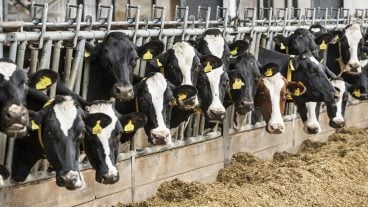
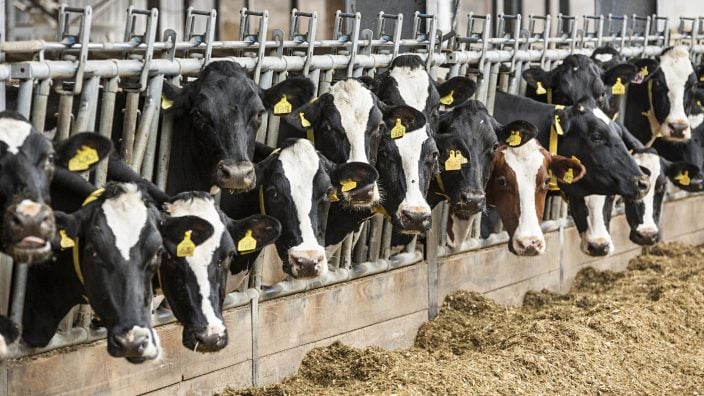
Producers are urged to work with their veterinarian to practice enhanced biosecurity measures and review and limit cattle movements within production systems.
Read More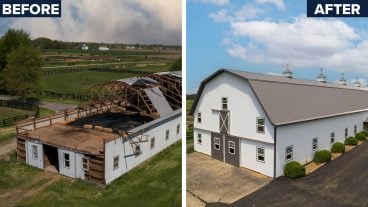
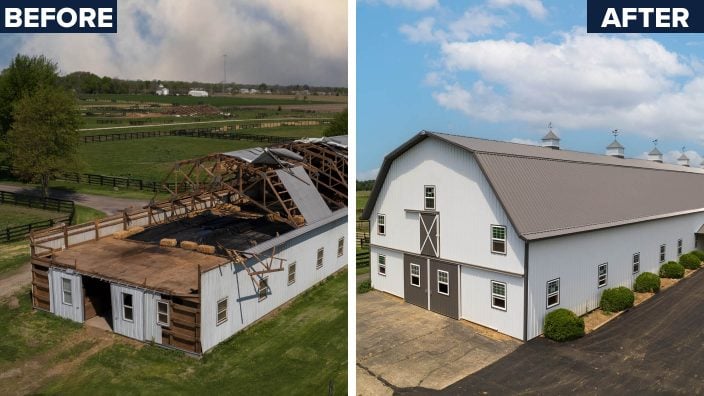
The changing seasons bring with them the need to thoroughly inspect pole barns for any damages that may have occurred during the winter months.
Read More
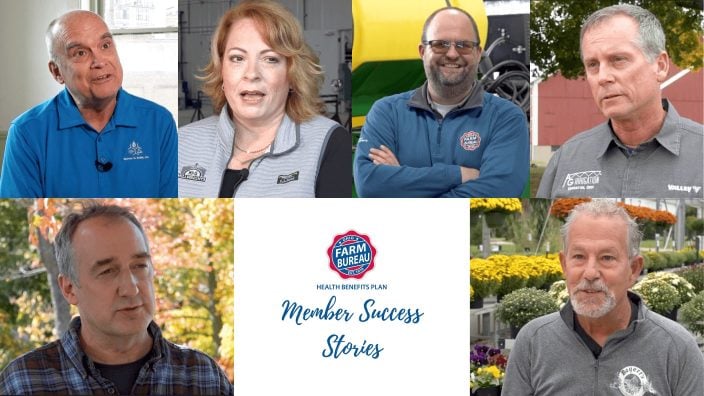
Hundreds of Ohio businesses and sole proprietors are raving about Ohio Farm Bureau’s Health Benefits plan with lower, predictable costs and easy enrollment and administration options.
Read More